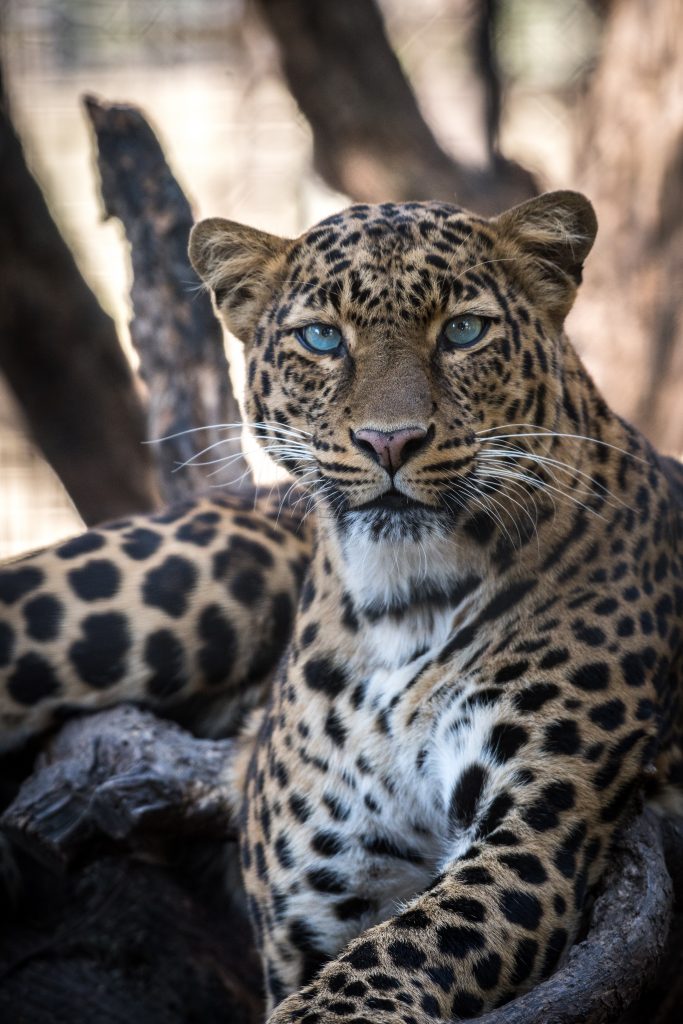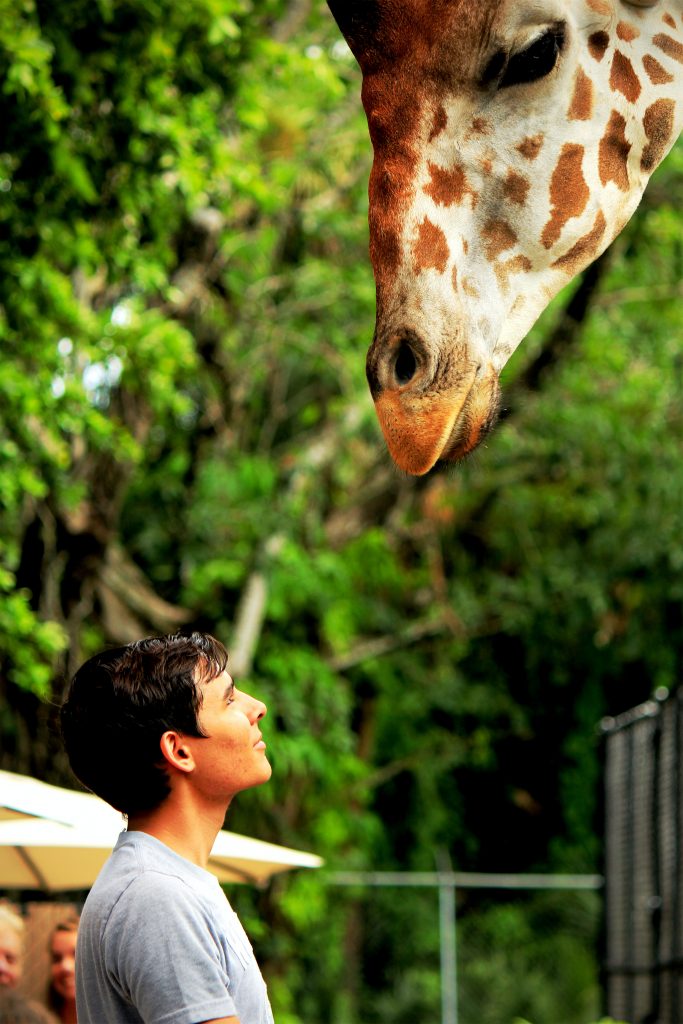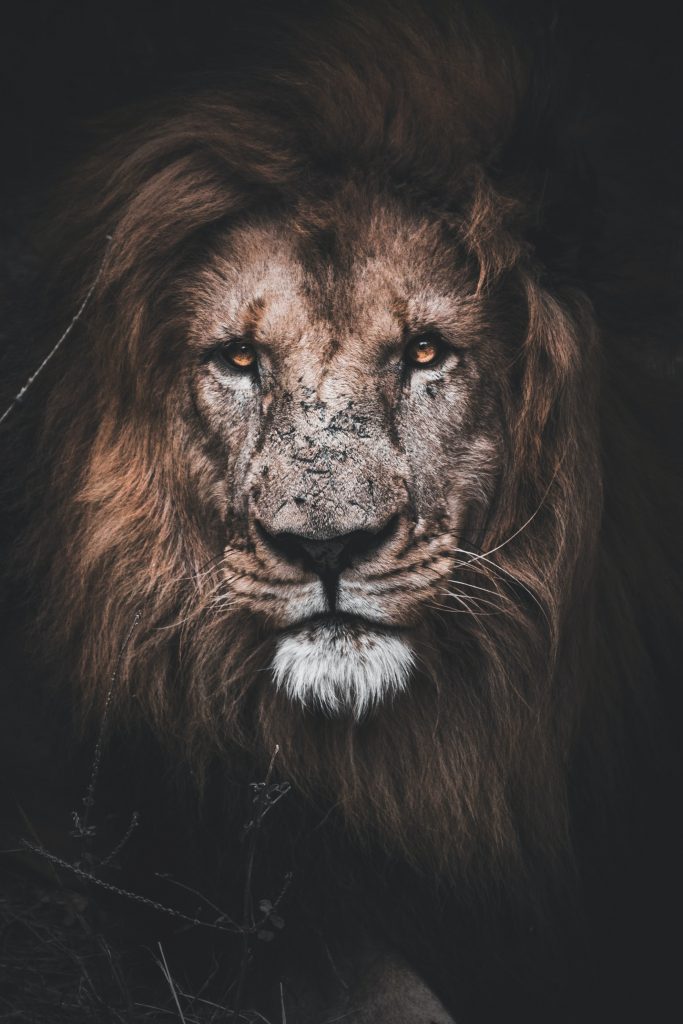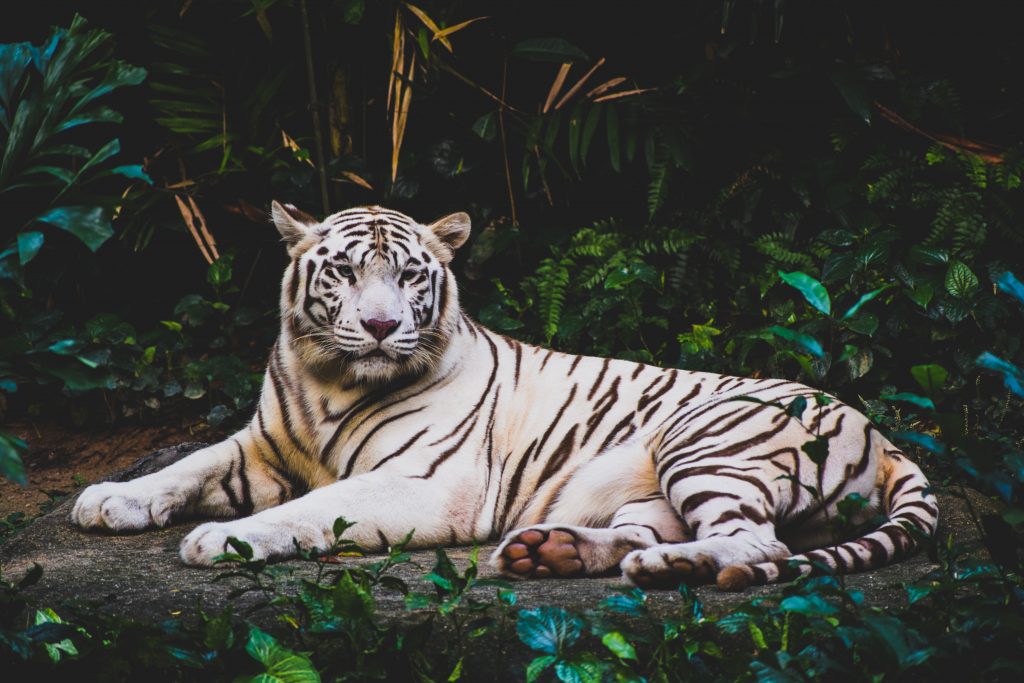This is a free essay sample available for all students. If you are looking where to buy pre written essays on the topic “Should Animals Be Kept In Zoos”, browse our private essay samples.
There is a long history of people keeping wild animals in captivity for fun. There are records, as far back as 2500 BCE when rulers in Mesopotamia used to collect wild animals from around the world. Modern zoos, as we know them, appeared around the 18th century when interests in Zoology and the behavioral study of animals started in Europe.
Since the 20th century, people have become aware of these animals having complex behaviors and being able to feel a diverse range of emotions. That’s why the concept of zoos is somewhat becoming debatable. Some are even getting to the point where the idea of keeping animals in captivity is becoming obsolete.
Still, it is open to debate whether animals should reside in zoos or roam in the wilderness. This post is intended to shed light on both sides of the coins.
Want to get the highest score on your essay? We have a team of professional writers with ample experience and expertise in tackling issues like whether zoos should be banned or why keeping animals in zoos acceptable or not. So, give us a call now, and let’s get started!
Reasons Why Wild Animals Should Be Kept In Zoos
Those who are against the notion of wild animals being kept in pens and cages, may not like the idea of zoos at all. But there are certain benefits to zoo animals that are often ignored by people at the other end of the spectrum.
In this section, some of the top reasons will be given why animals should be kept in zoos for their good.
Here is the rundown:
- Save Endangered Species
- Give Natural Treatment
- Create A Bond Between Animals & Humans
- Offer Opportunities For Research
Save Endangered Species
Not all is going well for animal welfare and plants in the world. Due to rapid urbanization and industrialization which led to deforestation and sudden climate changes, there are a lot of species that are brought to the verge of extinction, to indirect animal cruelty.

In the presence of zoos, there is hope that these species can still find a home in a world that is becoming hostile for them – with each passing day. Against man-made catastrophes, it is a hard life for many animals that are maybe fierce in a jungle, but helpless in this changing natural environment.
Countless zoo facilities are harboring all the leftover animals from severely endangered species in their natural habitats. This is a great way to ensure that the coming generations could see how the world looks like with all of their residents in place.
Give Natural Treatment
In this day and age, zoo animals are not kept in filthy pens. With rare instances of mistreatment and lack of adequate faculties, zoos around the world are working under their respective federal authorities. In turn, these federal authorities are being monitored and advised by international bodies like WWF.
These facilities have professional staff with ample experience and expertise in dealing with all the issues related to animal care. Aside from food and medicine, zoos are now inclined toward providing natural treatment.
This is accomplished by offering wild and exotic animals;
- Large swathes of natural habitat
- Food is close to what the animals get in the wilderness
- Plenty of game options for animals
- Breeding programs to ensure continuity of endangered animals
The results of these initiatives are apparent in the form of animal welfare with the construction of humane and considerate facilities for animals.
Create A Bond Between Animals & Humans
There is no denying that many people would never have gotten a chance to see live animals if it wasn’t for the captive animals. Only a very small proportion of the world population goes on wild safaris and watches animals living and enjoying their natural habitat.
The rest of the population watches animals and feeds them across iron bars. It is not an ideal situation but it is close to what is now possible to bring animals and humans together.

By spending time with animals, humans grow to appreciate the beauty and diversity of the world. When they see animals often behaving as they do, they come to realize that all of the animals are not so much different from one another.
This point is always cleared than ever when little kids from school go to the zoo and get in awe of the wild and exotic animals.
Offer Opportunities For Research
The whole biodiversity and ecosystems are going through crises. In this scenario, it pays to know how different species live and coexist in this world.
The best way to do this is by research in a zoological garden. When animals are kept in zoos while they are being studied, there are fewer variables to deal with and fewer chances of things going awry.
When done right, this goes very well with the conservation efforts where animals have to be treated in close quarters and the wilderness does not give a very favorable environment.
Arguments Against Keeping Animals In Zoos
After looking at all the reasons why animals can do well when kept in zoos, it is time to take a look at the other side of the coin. If the proponents of the zoos have solid grounds to keep exotic animals behind bars, the supporters of “free animals” also do not come shy.
Following are some of the arguments that are put forward by people who are against zoos:
- Insufficient Space
- Artificial Environments
- Poor Living Conditions
- Variable Lifespan
Insufficient Space
It does not matter how spacious a zoo is, it cannot match the vastness of the natural habitat that most animals enjoy. Animals such as lions, tigers, deer, etc. roam freely in the wilderness but in the zoos, they are locked in cages and glass frames that are not even a tenth of the space they could have had.
Apart from insufficient space is the lack of freedom to move. Even though they might be well taken care of, they feel stressed and claustrophobic resulting in poor health and wellbeing.
Artificial Environments
Although all animal species are termed as wild and untamed, many are extremely intelligent with complex behavior and emotional spectrum. It does not justify putting them behind iron bars because they do not get to their full potential, both mentally and physically.

Due to this, even many zoos have taken the initiative to reintroduce the animals back to the wilderness after due research and help. But in most cases, it does not help them at all. For instance, if a predator had spent most of its life behind bars, fed to full, how could it game in the wilderness.
That’s why it is always for the benefit of animals to live in their natural habitat.
Poor Living Conditions
Zoos have gone a long way from what they used to be a century ago, but still, some issues are lurking around the cages of animals that are kept in zoos.
- Cages often get crowded leading animals to harm each other
- Animals are isolated from their natural social structure leading to self-harm tendencies
- A cage never looks like home to a whole animal
This can be observed more closely in the young ones of lions, tigers, and other predators. Since they learn to sprint and capture prey from a young age, the lack of stimulation and space for pouncing could result in animal stress.
Variable Lifespan
The life expectancy of animals depends on a lot of things when they are in zoos. One of the major contributors to this is their natural order in the food chain if they were in the wild. Two corollaries can be drawn:
- Small animals with poor defense mechanisms and support do not do very well in the wilderness. Overhunting even led to the extinction of such animals. Zoos provide a sanctuary for them to grow and multiply in a safe and sound environment.
- Predators that are at the top of their food chain suffer in captivity. It is in their genes to sprint large swathes of land and hunt for them and their pack. Even though they are being fed to full, the results are not ideal.

The quality of mental and physical state both contribute to the well-being of a wild animal. It is hard to expect them to live a long and healthy life while missing essential things.
Conclusion
After taking a look at arguments from both sides, it is safe to conclude that the problem animals face in zoos does not have one size fits all solution. Each specie is different with a different set of needs and roles. It is hard to justify keeping all animals behind bars. On the other hand, many animals do better when they are not in imminent danger from other predators. Instead of completely abolishing zoos, it is best to make them better and more suited for all the animals residing there. This way, they can live a healthy and fulfilling life.
Sources:
- https://www.ourendangeredworld.com/species/why-animals-should-not-be-kept-in-zoos/
- https://www.theguardian.com/science/lost-worlds/2014/aug/19/why-zoos-are-good
- https://debatewise.org/26673-should-animals-be-kept-in-zoos/
- https://www.treehugger.com/arguments-for-and-against-zoos-127639